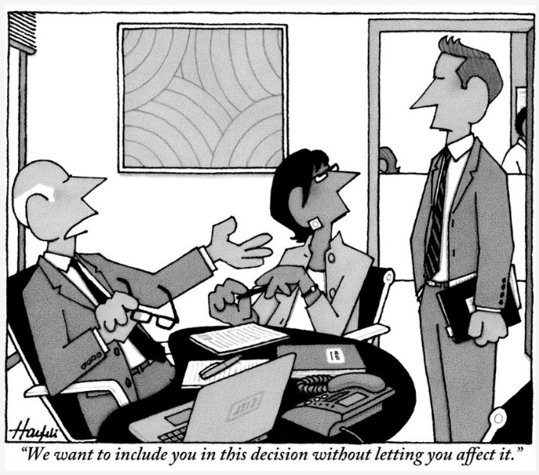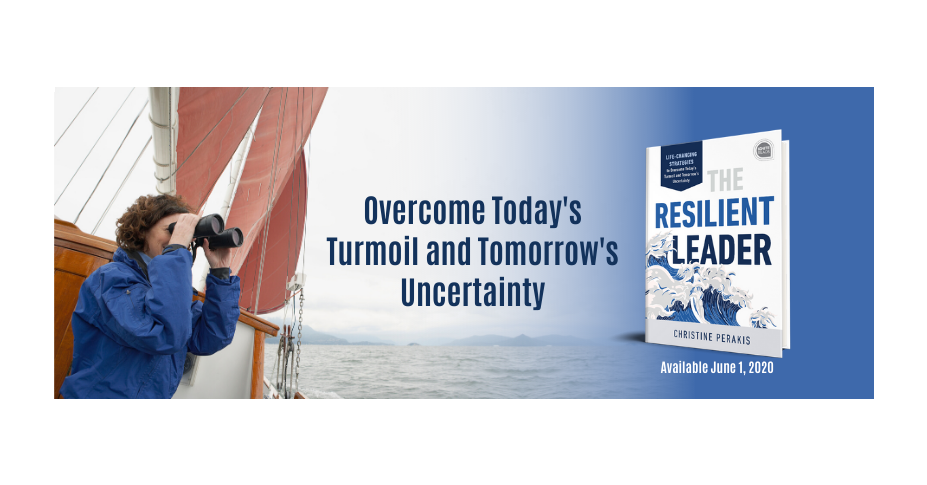...Each passing day in the hurricane’s aftermath unfolded slowly as a path was cleared through the rubble. I had to figure out my next moves. The ports were destroyed, businesses shuttered, airports in tatters, no one was getting around or off the island without difficulty. Amid the destruction, the wagons that could circle to make our lives easier were stuck offshore and we couldn’t get anywhere easily. Somehow, I had to carry on.
Sailors know that at sea, before a storm’s arrival, they need to reduce the vessel’s propulsion by trimming in the mainsail to keep the boat from getting overpowered by the force of the wind and sea state. We call this “reefing the main.” Knowing when to reef the main is a critical skill that has to be developed. The adage is that if you are thinking about reefing, it’s already too late. Entrepreneurs, just like mariners, need to create good instincts and plan ahead to anticipate a response to any disaster, to be able to move before it’s too late. Rita Mae Brown says, “good judgment comes from experience; experience comes from bad judgment.” For my part, I can say that I’ve had plenty of opportunities to practice getting experience...
Most of us find ourselves weathering any number of extreme events that offer us plenty such opportunities to develop good judgment. As of the time of this post, we are still in the throes of the global Covid-19 pandemic, a “Category 5” event that reverberates in any number of ways for most of us as financial, social, or emotional distress. The question is, are we using this experience to develop good judgment and to make good decisions for ourselves, our teams and our families?
In a “Category 5”-level challenge like having to shutter a business during a pandemic, it can be very hard to see how to use the events to improve our lives. But there is a choice point in such a situation to keep us from spiraling downward. That moment for me came during the first storm when I realized that I was trapped with no way out of my shelter, no plan, and no means to ask for help. As the panic started to overtake, I decided right then that there was something I could do. It was too late to “reef the main” ahead of the storm, but not too late to prepare for the next one!
What would you do if you were trapped with no access to the things that you usually rely on to solve problems – other people, the telephone, internet and social media connections? Maybe, if you’re like me, you would commit to learning from the storm pick up a pen and piece of paper, and start recording what you are experiencing as events are unfolding. Research shows that physically writing our thoughts, ideas, experiences, goals, etc. activates the pre-frontal cortex, the problem-solving section of the brain. At any time before, during or after a crisis, we can pick up a pen and start writing. In my moment of rising panic, I started recording everything that I remembered, things I did right, the mistakes that I made, resources that I had, didn’t have, all in as much detail as I could recall. I wanted to learn as much as I could remember from the experience. Not only did it help get me through the remaining hours of interminable terrifying sound and darkness, but it also cleared my emotions enough to look for a solution. This strategy worked well for me when it felt like a matter of life and death, and in so many other lesser storms in life and business.
As we learn to “reef the main,” we need to develop a decision-making style and plan that can be shared so that when the storms come, everyone understands what is expected of them. This is true whether you are the head of a company, a family, or responsible for yourself or your community. The first step to develop this skill is to weigh the urgency in making the decision against the importance of getting your team enrolled and acting on that decision. A leader can choose whether they will use a consultative or consensus approach, whether they will delegate the decision, or make the decision first and seek buy-in later.
With businesses shuttering during the pandemic and furloughing and laying off teams, you may have witnessed or experienced personally, the tough decisions that business leaders have had to make. Some of the more public protests that we have witnessed stemmed from a disconnect between management decisions and communication with employees. Perhaps a more consultative or consensus approach would have caused less disruption in the organization, but for some essential businesses, the urgency of the Covid-19 situation may have impeded more engagement with teams.


Since the pandemic, we’ve all had a front row seat to the importance of exercising good judgment and decision-making in a crisis and the impact from a failure of these skills by leadership in a variety of organizations. Knowing when to “reef the main” will get you where you want to go as fast as you can without destroying the ship and your crew!
In this series, I share strategies to weather any Category 5 crisis to not only lessen the impact, but to come through thriving. These are the "7 Barometers of Resilience" that I introduce in my upcoming book, The Resilient Leader: Life-Changing Strategies to Overcome Today's Turmoil and Tomorrow's Uncertainty.
- Christine Perakis, author of The Resilient Leader

